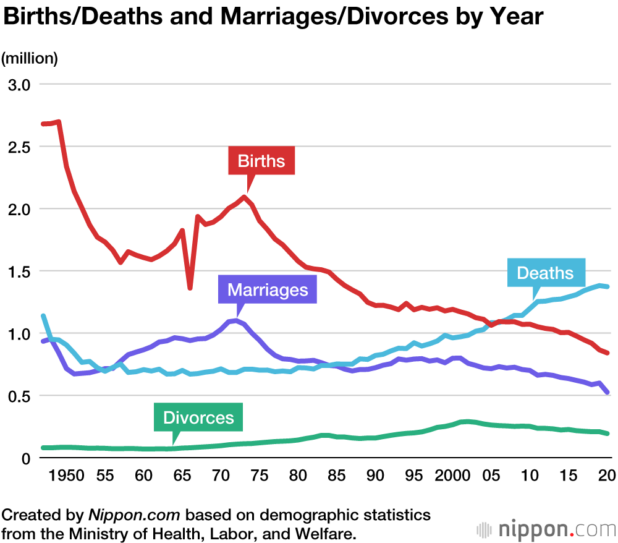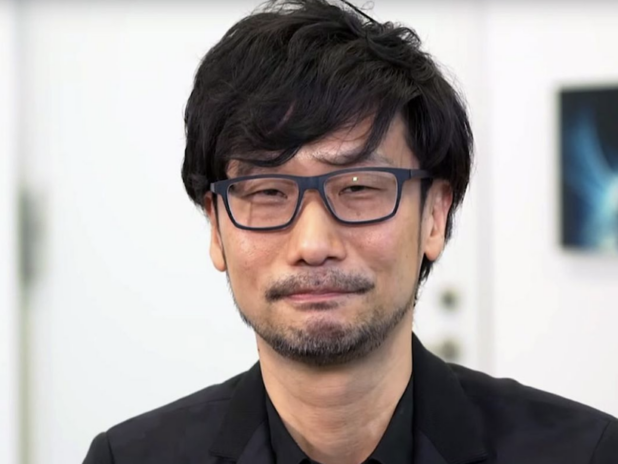Eugenics used to sound like a reasonable idea to me, as a general thing. Then I found out that everyone promoting it on the internet was borderline retarded, and most of them lived in literal trailer parks. It made me question the whole concept.
If you were going to do it, you would have to do it positively, not through forced sterilization. Except the retarded. The retarded should be force sterilized.
I go pretty far the other way on retards, actually, and have a hard time with the idea that they shouldn’t just be aborted or euthanized after they are born. I do not understand the purpose of retarded people, and they really seem to be vampires that only drain everyone around them without understanding what they are doing.
Down syndrome is not mentioned in this report at all.
Campaigners in Japan have reacted angrily to a government report revealing that children as young as nine were among thousands of people who were forcibly sterilised under a eugenics law that was not repealed until the 1990s.
The 1,400-page report, submitted to parliament this week, details how, between 1948 and 1996, about 16,500 people were operated on without their consent under the law, which aimed to “prevent the birth of poor-quality descendants … and to protect the life and health of the mother”. Most of the victims were women.
Another 8,000 other people gave their consent – almost certainly under pressure – while almost 60,000 women had abortions because of hereditary illnesses.
The two nine-year-olds who were sterilised were a boy and a girl, the report said.
The victims’ long campaign for redress has highlighted the Japanese state’s mistreatment of people with disabilities and chronic conditions in the period after the second world war.
In 2019, MPs passed legislation offering each victim government compensation of ¥3.2m ($22,800) – an amount campaigners have said does not reflect the suffering the victims had experienced. The application deadline for the payment is due to expire in April 2024, but to date only 1,049 have received the sum, according to media reports.
Victims of the sterilisation programme have campaigned for decades seeking financial damages and recognition of the physical and mental anguish they endured.
Over 5 decades, Japan sterilized about 25,000 people with disabilities, mental illness or even “abnormal sexual desire.” The eugenics law that allowed it was repealed more than 20 years ago, but the government is only now offering compensation. https://t.co/9WGueZxFg0
— New York Times World (@nytimesworld) April 26, 2019
So far, four courts have awarded damages to victims, but others have sided with the government, saying that the 20-year statute of limitations had passed. Lawyers have argued that the victims learned of the nature of their surgery too late to meet the legal deadline to seek redress.
Germany and Sweden had similar measures in place, but have since apologised to victims and provided compensation. Both countries laws were repealed decades before Japan’s were.
…
The report noted that sterilisation under the now defunct eugenics law – which allowed authorities to carry out the procedure on people with intellectual disabilities, mental illness or hereditary disorders to prevent the birth of “inferior” children – was a requirement for admission to some welfare facilities or for marriage.
This doesn’t seem like something that the Japanese would be against, in principle, but the issue is forcing it on people. People have to have their freedom, unless they are retarded.
Eugenics through sterilization is a wild concept while you’re still allowing women to make their own sexual decisions.
In Nippon, women are completely out of control, refusing to marry and have kids at all.
What you would want, if you supported eugenics (and really even if you didn’t), would be for successful, intelligent people to have a lot of kids. That is more important than stopping the breeding of people you decide are mentally ill, who aren’t really likely to be breeding very much anyway.
I can think of several mentally ill Japanese people the world is better off for having among us.



